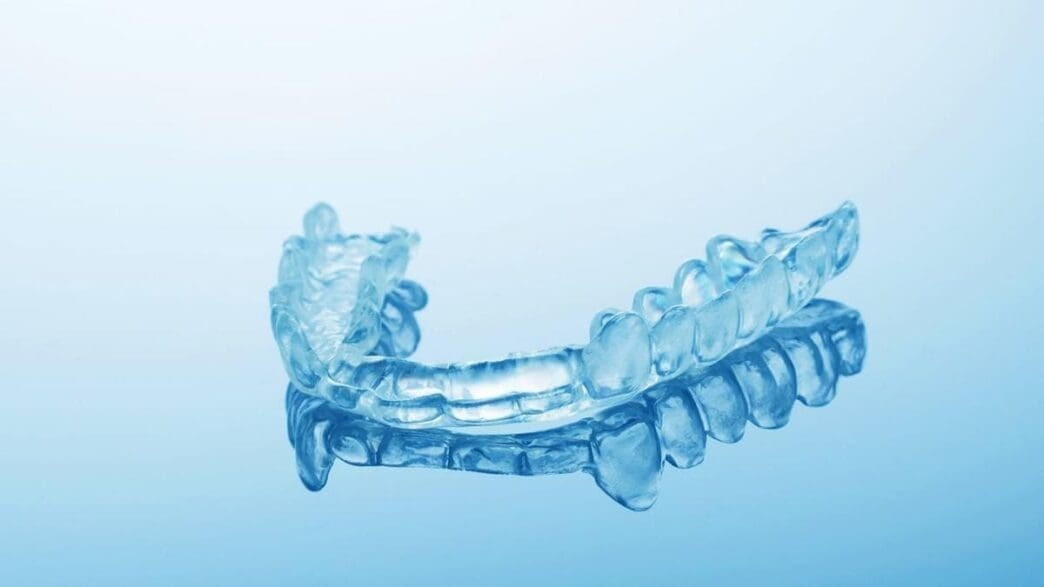It’s early morning, and while most are waking up refreshed, around 40% of us are greeting the day with jaw pain, headaches, or toothaches. This pervasive discomfort might be due to bruxism, a condition where one unknowingly grinds or clenches their teeth. However, the real question isn’t just about finding relief, but rather if over-the-counter (OTC) night guards are a safe solution.
Bruxism often presents with subtle signs that many may overlook: tooth damage, atypical wear on enamel, white scars inside the mouth, or half-moon shaped indentations on the tongue’s edge. While opting for a professionally fitted night guard can be costly, acquiring an OTC alternative seems like an appealing stopgap. But dental experts unanimously caution against the quick fix of OTC night guards.
So, what exactly is a night guard? The simple answer is it’s a removable device, tailored for either the upper or lower jaw, that covers the teeth’s surface. It’s crafted from either softer plastic or harder acrylic, as explained by Dr. Sercan Akyalcin, a head of orthodontics. Usage of such guards extends beyond bruxism, providing aid in managing certain jaw disorders and even mild cases of obstructive sleep apnea (OSA). Yet, a night guard is not a blanket solution. Sleeping with one when there’s no specific need may not only be unhelpful but could entrap bacteria against one’s teeth.
The variety of night guards available is broad, yet they boil down to three main types: over-the-counter, over-the-web, and dentist-fitted custom guards. OTC options are the cheapest, requiring a user to boil or microwave them for fitting, often failing to provide the precise fit necessary to prevent oral issues. Web-based guards involve a little more effort, as they require a dental impression kit to create a more tailored device at a higher price point. Meanwhile, the dentist-fitted options, though expensive, offer the custom fit and assurance by a professional.
Why are the dentists so wary of OTC night guards? The main concern lies in the delicate balance and harmony of the mouth’s structure. An improperly fitting guard can destabilize this balance, causing more harm than good. Dr. Nojan Bakhtiari warns of not just heightening existing problems but possibly introducing new ones – from muscle imbalance to improper alignment and TMJ troubles. Without a professional overseeing the fit, the potential for exacerbating issues or missing underlying conditions like sleep apnea is high.
Furthermore, OTC guards, often made from softer materials, act like resistance training for the jaw, inadvertently strengthening it and exacerbating grinding. Dr. Michael J. Wei highlights that any mouth modification should be supervised to avoid unintended shifts in tooth alignment and biting patterns. The absence of professional adjustments leaves users vulnerable to discomfort, pain, or even developing disorders like TMD.
For those considering a night guard with braces, the situation becomes more complex. Realigning teeth with braces can make finding a proper fit impossible with OTC solutions, risking damage to both teeth and orthodontic appliances. Dental specialists advise against this combination, suggesting custom solutions or waiting until braces are removed.
Ultimately, the choice between OTC and custom-fitted night guards is significant. While the appeal of a quick, affordable fix is strong, the expert consensus is that skimping on professional care can lead to a daunting array of dental issues.
While the idea of a low-cost night guard is enticing, the potential risks far outweigh the benefits. For anyone suspecting bruxism or jaw-related issues, consulting with a dental specialist might be the wisest first step. Investing in a custom-fitted night guard not only promises better protection but ultimately saves one’s teeth from possible further damage.
Source: Yahoo







